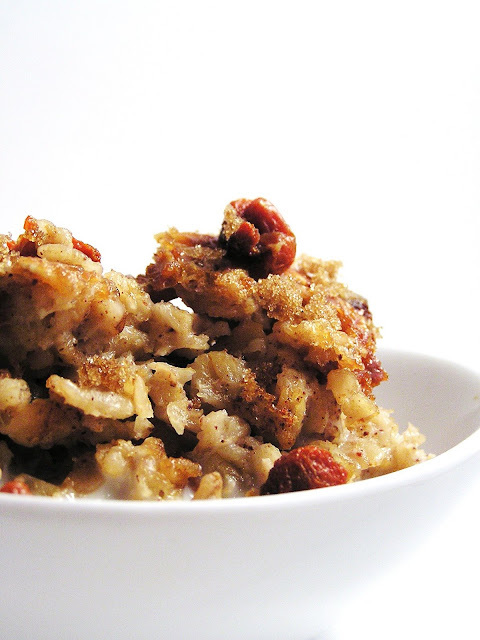The Righteous - Good Stewards of God's Good Gifts
Just the other day when I was reading my Bible, I came upon this verse. "Whoever is righteous has regard for the life of his beast, but even the mercy of the wicked is cruel" (Proverbs 12:10a). The practice of being a good steward of God's good gifts originated in the Bible. God created the beasts of the earth and He cares for them as evidenced by the following verses:
Your righteousness is like the mountains; Your judgments are like a great deep. O Lord, You preserve man and beast (Psalms 36:6).These verses refer to animals that serve man by providing brute strength (donkeys as beasts of burden, draft horses or oxen that plow or pull wagons, etc.) or animals that provide food for man's sustenance - chickens, goats, rabbits, cows, cattle, turkeys, and so on.
Sing to the Lord with thanksgiving; make music to our God on the harp. He covers the sky with clouds; he supplies the earth with rain and makes grass grow on the hills. He provides food for the cattle and for the young ravens when they call (Psalms 147:7-9).
The first verse says that a righteous man has regard for his beast. The next verse acclaims God as being righteous. Here we see that man in God's image (when a man has God's righteousness), he will have God's desires also. He will have compassion on dumb animals (this is an old phrase used to describe the cognizance - or lack of it - of the animals of the earth). The last verse tells us how God cares for the beasts of the earth - by feeding them when they're hungry.
Since I've become aware of the way factory farms operate, I simply refuse to take part in the cruelty that is inflicted upon these servants of man - "...even the mercy of the wicked is cruel". How can we be thankful that God has provided food and service to us through the beasts He created? One way is by being a good steward of this gift to us.
Since God has never rescinded His command to the first gardeners, we ought then to obey Him by at least refusing to be a part of creation's mishandling and exploitation.
Watch the video below. And even though the changes that are suggested do not directly address this issue, those changes not only benefit our own health, and the welfare of the farm (earth) as well as the farmer, they also greatly improve animal welfare and health. See for yourself:
Not only are the chicks cared for, but the land is consistently and sustainably fed as well via the manure that the birds leave behind. New grass quickly and richly grows back and the farmer hasn't spent money on chemical fertilizers which never feed the soil and, in fact, leave it completely depleted of nutrients.
If we do not grow and raise our own food, then we must be responsible to at least buy from grocers and farmers that practice or support compassionate and sustainable methods that reflect good stewardship of our Lord's creation.
Another advantage of this wonderful system of raising chickens is that the pasture that is used never needs mowing. It is maintained by the chickens themselves and they reap the rewards by having a perpetually renewed "salad bar" as Joel Salatin puts it.
Joel's chickens are doing all the work! Not only do they fertilize the ground but they also keep the grass cut. And as this thoughtful farmer says about his pastured chickens in the video, "This is the way it ought to be". This is what it means to be a good steward, what God intended from the beginning when he charged both Adam and Eve to "subdue" the earth and "rule over" all living creatures. He expected humankind to take good care of His creation and let it resound to His glory. And it is the way God intended the animals we eat to be treated - with regard to the life of that animal and regard for the God that provided it for us. After all, we owe these animals our physical lives.
Since God has never rescinded His command to the first gardeners to take care of creation, we ought then to obey Him by at least refusing to be a part of its mishandling and exploitation. If we do not grow and raise our own food, then we must be responsible to at least buy from farmers and grocers that practice and support compassionate and sustainable methods that reflect good stewardship of our Lord's creation.
In what ways are you carrying out God's first command to humankind to be good stewards of His creation?









Comments
Post a Comment
Your ideas and input are valuable to me. I would love to hear from you!